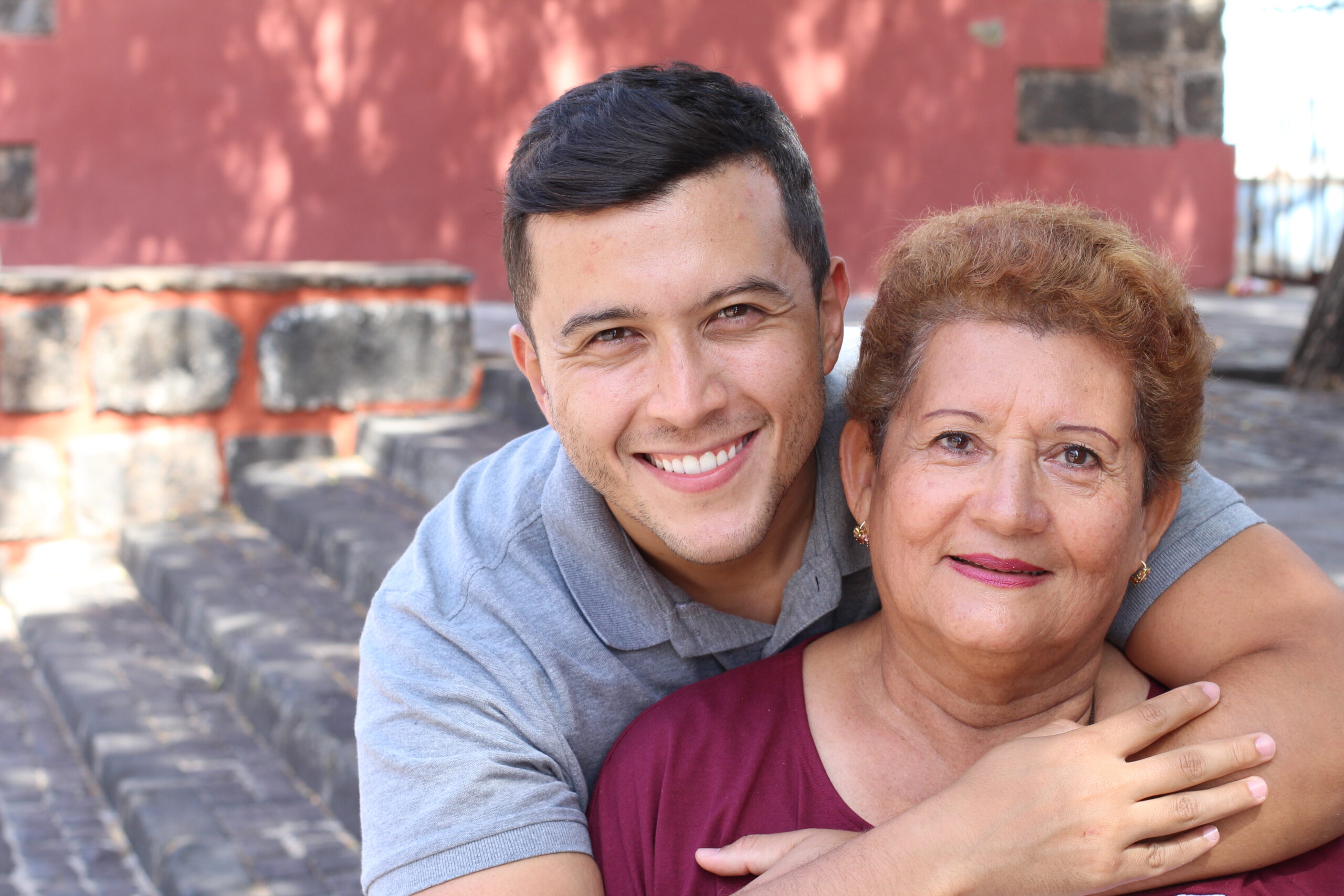
Kamen works as a lifestyle management consultant who explores the art and science of happiness as a speaker, author, and positive psychology expert. Through her globally syndicated podcast, books, media appearances, and documentary film, Lisa has impacted millions of people around the world.
LISA CYPERS KAMEN
meet your host
leave a review
Cultivating Dignity and Selfhood for the Deeply Forgetful
Original Air Date Wednesday, February 01, 2023.
Age-related memory loss is a natural part of the aging process. Some people experience a more deeply-rooted memory issue, such as Alzheimer’s, and become deeply forgetful. Deeply forgetful people often need caregivers for what used to be normal activities. While every case is different, there are some general guidelines on how to restore dignity and selfhood to those afflicted with dementia.
To dig deeper, Harvesting Happiness Podcast Host Lisa Cypers Kamen speaks with physician, speaker, and author, Dr. Stephen G. Post about the latest findings about how to care for loved ones.
Dr. Post shares common questions of caregivers and patients, how caregivers can respect the wishes of those they care for, and the proven positive psychological aspects of treatment. All from his book, Dignity for Deeply Forgetful People: How Caregivers Can Meet the Challenges of Alzheimer’s Disease.
Tune in:
Meet Our Guest:

Stephen G. Post, PhD is the Founding Director of the Center for Medical Humanities, Compassionate Care, and Bioethics at Stony Brook University Renaissance School of Medicine, where he also serves as Professor of Family, Population, and Preventative Medicine. Post has also taught at the University of Chicago Medical School, and Case Western Reserve University School of Medicine (1988–2008).
He is an elected member of the Medical and Scientific Advisory Board of Alzheimer’s Disease International and a widely respected opinion leader, speaker, and best-selling author.
Book: Dignity for Deeply Forgetful People: How Caregivers Can Meet the Challenges of Alzheimer’s Disease
Stephen G. Post — Cultivating Dignity for the Deeply Forgetful:
- Moments of relative lucidity in people with Alzheimer’s offer insights into the multifaceted nature of the condition. {2:16}
- Stephen shares some of the common questions caregivers and Alzheimer’s patients ask about the affliction. {5:11}
- Many people with Alzheimer’s are investigating or considering assisted suicide, or euthanasia, and in many states it is legal. {7:39}
- How to help caregivers understand that their loved ones’ wishes need to be respected? {10:41}
- Stephen identifies the role of a caregiver for deeply forgetful people. {18:39}
- Dogs can be useful companions to those who are deeply forgetful. {21:23}
- Positive psychology offers more dementia care than pharmaceuticals or other medical models. {26:11}
Follow Dr. Stephen G. Post:
Shareables:
Grab More Joy Below:
Are We Happy Yet? Eight Keys to Unlocking a Joyful Life — A boot camp manual for greater emotional fitness. Happiness waits for no one and sometimes we all need support. What is getting in the way of your happiness right now?
H–Factor: Where is Your Heart? — Lisa’s documentary film explores the journey of human happiness. Emotions are contagious and happiness is a universally desired state. We tend to forget we all have the freedom to be happy or the liberty to be miserable each day.
Continue Your Journey:
Related Episodes:
WANT MORE?
Nothing gives happiness like a free gift...
Sign-up, stay connected, be gifted access to a free meditation video, and receive our monthly Happiness Headlines eZine.
No spam, we promise. We don’t share your information. Get updates on special offerings, events and optimal lifestyle management tips.
Nothing gives happiness like a free gift...
Sign-up, stay connected, be gifted access to a free meditation video, and receive our monthly Happiness Headlines eZine.
No spam, we promise. We don’t share your information. Get updates on special offerings, events, and optimal lifestyle management tips.
Resources
Explore
CONTACT
ABOUT
EPISODES
SHOP
Visit Harvesting Happiness
PRIVACY POLICY
Our communications do not constitute mental health treatment nor is it indicative of a private therapeutic relationship.
Individuals seeking help for trauma related issues or other psychological concerns should seek out a mental health professional.
© 2010-2025 Harvesting Happiness Talk Radio
Website Design by Nadia Mousa